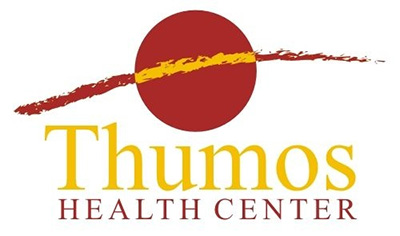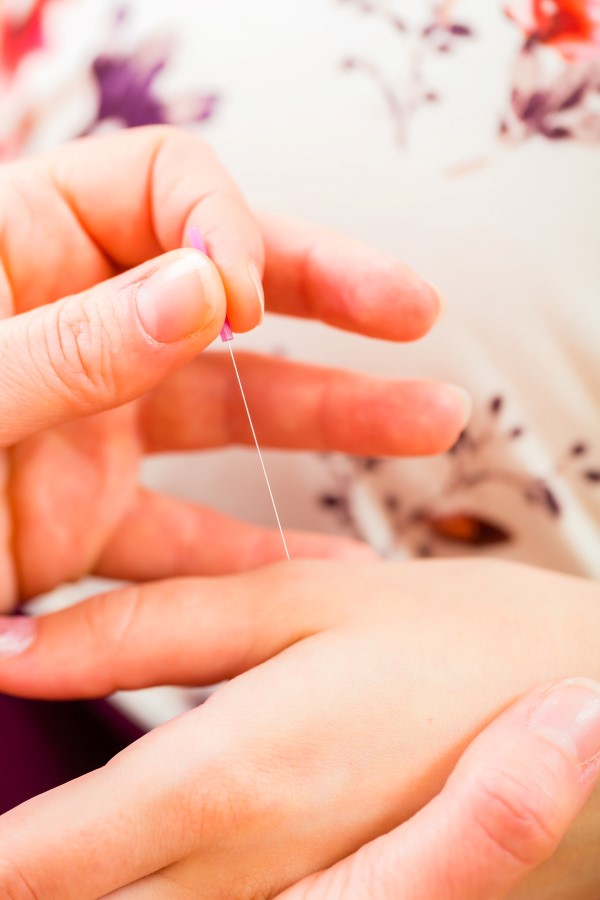by bryan
Share
by bryan
Share

Infertility is quite common, affecting nearly 11% of all women ages 15 to 44. There are numerous treatments available, but increasingly, Western doctors are sending their patients for fertility acupuncture. This ancient Chinese treatment can be used alone or in tandem with Western methods such as IVF, and can dramatically increase the chances of success. Yet, like any medical procedure, it is not right for everyone. Here’s what you should know.
Eastern Acupuncture for Fertility
Successfully used by the Chinese for more than 5,000 years, fertility acupuncture is based on Qi, the vital life force that flows through all living things. Free-flowing Qi promotes optimal health and wellness. Qi can easily become blocked by the stressors of daily life, negatively impacting both physical and emotional well-being. Acupuncture releases blocked Qi by strategically placing thin, painless needles in key spots on the body.
Acupuncture for fertility purposely directs Qi to soothe the body and mind, improve the health of the reproductive organs, and help ready the system to take on the challenges of pregnancy. It is used holistically as part of a treatment regimen that also includes lifestyle counseling, nutritional supplements, and herbal remedies. If desired, a fertility acupuncturist can work hand in hand with a Western physician to create a treatment model that incorporates the best of the East and the West.
Western Acupuncture for Fertility
Qi is not recognized by Western medicine. However, the power of acupuncture is increasingly being acknowledged thanks to numerous scientific studies. It is believed that acupuncture needles cause microtraumas that stimulate the body’s natural responses, as well as activating the areas of the brain that are responsible for health and relaxation. Insurance companies are starting to pay for acupuncture, and many Western physicians encourage their patients to try it.
Acupuncture Contraindications for Fertility Treatments
Although fertility acupuncture is a powerful solution, it is not right for everyone. In particular, it cannot solve structural problems that cause infertility. It is important to have a full Western medical workup, and have any underlying issues taken care of before you begin fertility acupuncture treatments. In addition, fertility acupuncture cannot cause pregnancy in women who have gone through menopause. Those in perimenopause, however, may still be able to become pregnant. In this case, you might need a highly individualized treatment protocol that includes hormone therapy, IVF, and fertility acupuncture in tandem.
Eastern fertility treatments generally include the use of Chinese herbs and nutritional supplements in addition to acupuncture and lifestyle counseling. If you are on certain medications or have certain general health conditions, though, these herbs and supplements may not be right for you. Get your doctor’s approval before you begin.
Located in Pacific Palisades, with satellite clinics in Santa Monica, Sherman Oaks, and Beverly Hills, Thumos Health Center offers patients exceptional personalized care. If you are ready to take the first steps toward a more integrative approach to your health care, we invite you to phone 310-927-2792 to schedule an appointment at any of our Los Angeles locations. Our highly knowledgeable and friendly staff will be happy to answer any questions or concerns you might have.
Infertility affects a surprising 10.9% of women aged 15 to 44, according to the Centers for Disease Control (CDC). Increasing numbers of Western doctors are suggesting that their fertility patients
Infertility is a surprisingly common, but emotionally devastating, issue that affects women of all ages. According to the CDC (Centers for Disease Control), 10.9% of all women, and 6% of
Alone or in tandem with IVF treatments, fertility acupuncture is a wonderful way to gently boost your chances for a successful pregnancy. However, Eastern medicine treats each patient holistically, ensuring
If you are having trouble conceiving, you are not alone. According to the Centers for Disease Control (CDC), a staggering 10.9% of women between 15 and 44 struggle with infertility.



